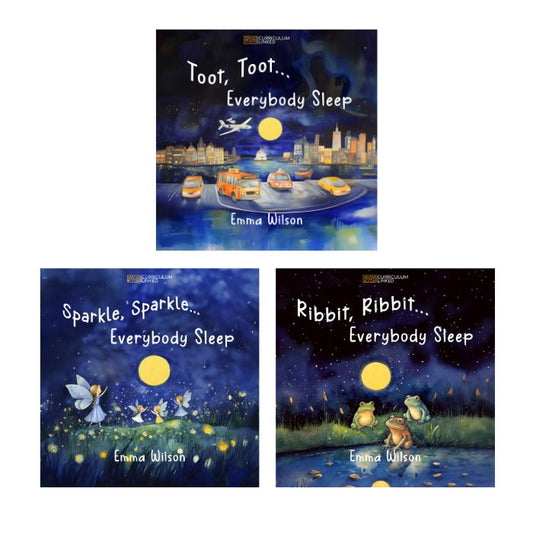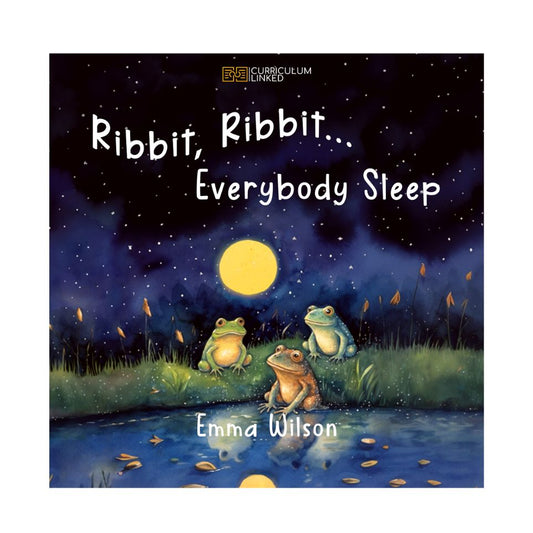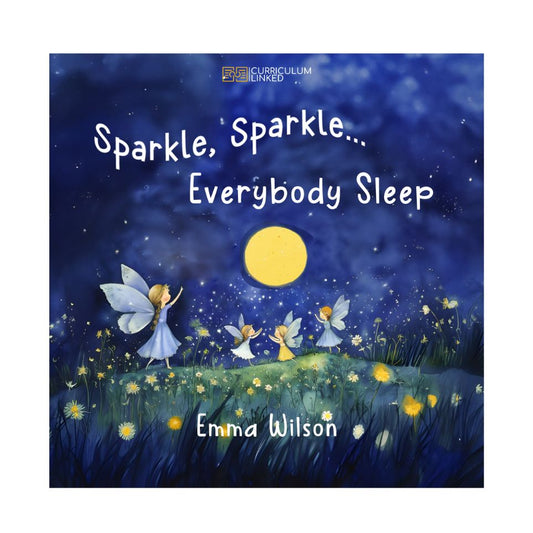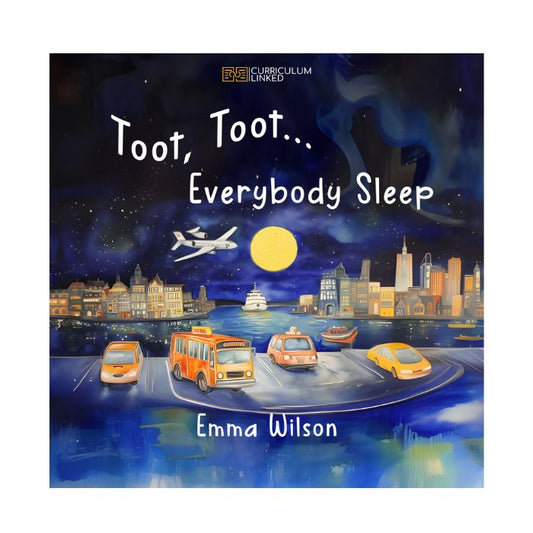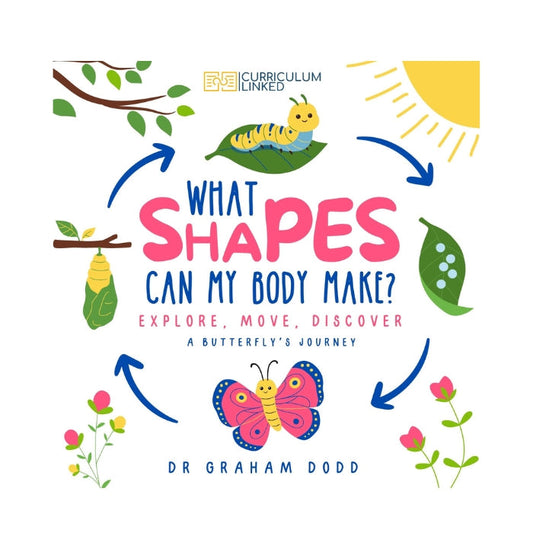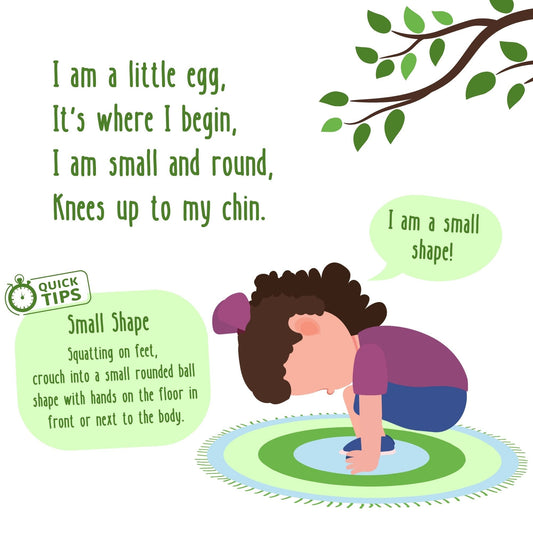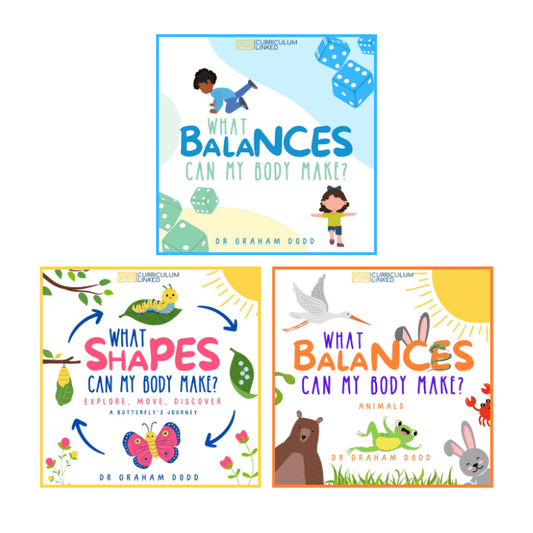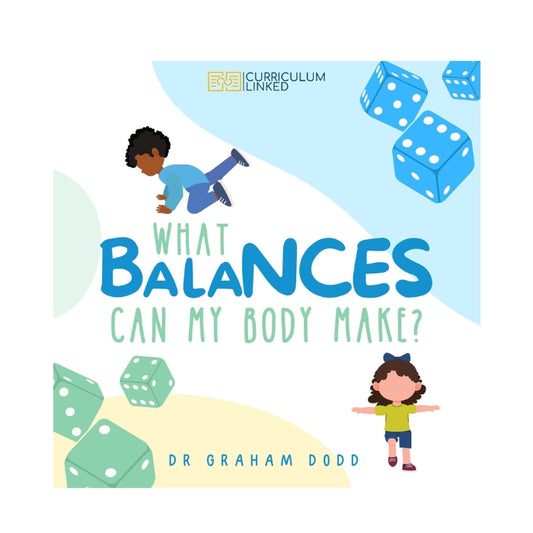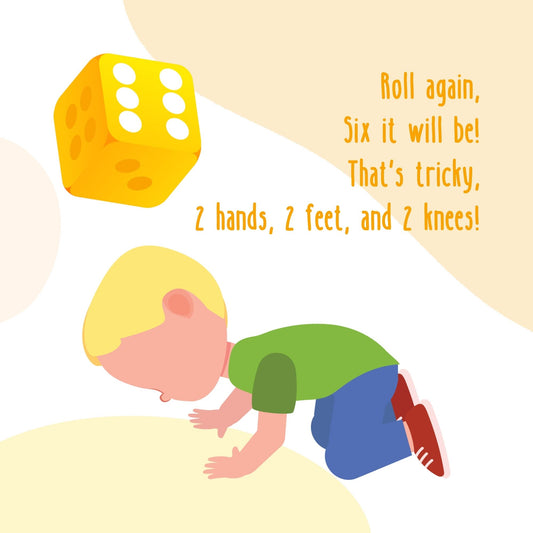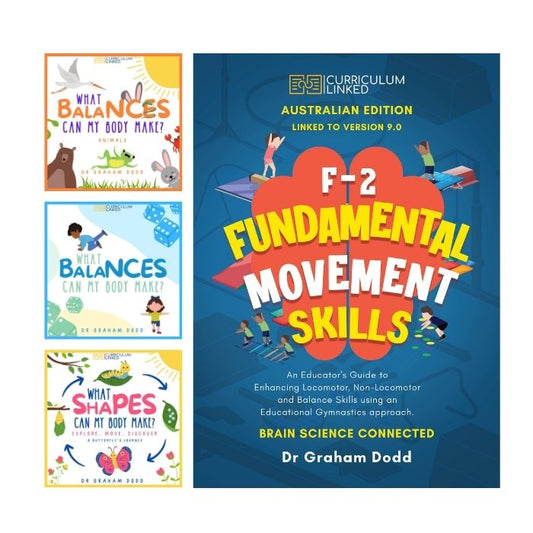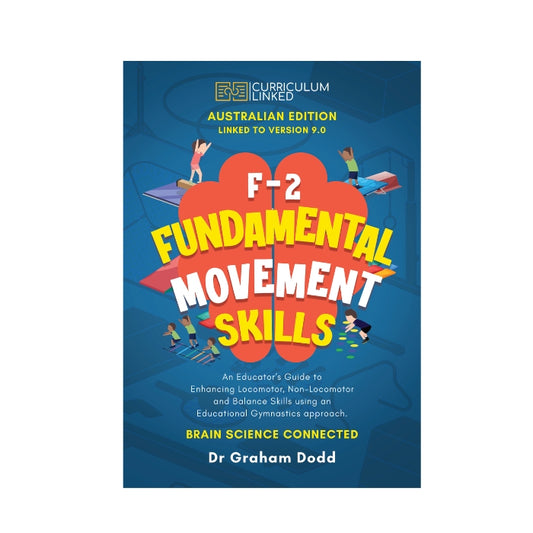
OUR BEST DEAL
LIMITED TIME
ONLY $5
Boost Balance,
Coordination
& Brain Power
* 3 expert resources for $5
* Builds physical + cognitive skills
* Instant download
* Builds physical + cognitive skills
* Instant download

What ... Can My Body Make?
LIMITED TIME
ONLY $2
e-BOOK BUNDLE
"Twist, balance, learn, and play! Shapes,
giggles, and animal poses a wobble-tastic
way to grow every day!"
giggles, and animal poses a wobble-tastic
way to grow every day!"

EOFY E-book Bundle
LIMITED TIME
ONLY $20
FOR TEACHERS
AND STUDENTS
Invest in your teachers’ growth and
your students’ fundamental
learning with one purchase.
your students’ fundamental
learning with one purchase.

Everybody Sleep
LIMITED TIME
ONLY $2
e-BOOK BUNDLE
Award-winning lullabies!
Frogs, fairies, and engines
whisper bedtime magic in this trio.
Drift off to nature, myth, and machines!
By award winning children’s author “Emma Wilson”
whisper bedtime magic in this trio.
Drift off to nature, myth, and machines!
By award winning children’s author “Emma Wilson”
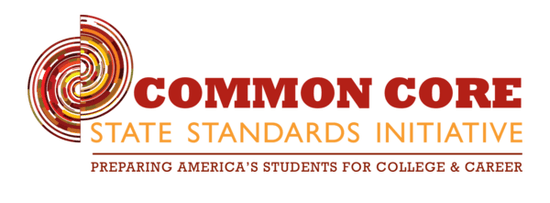



Children's Books
- Sale price
- $2.00 NZD
- Regular price
-
- Regular price
- $2.00 NZD
- Unit price
- / per
- Sale price
- $6.00 NZD
- Regular price
-
$18.00 NZD - Regular price
- $6.00 NZD
- Unit price
- / per
- Sale price
- $6.00 NZD
- Regular price
-
$18.00 NZD - Regular price
- $6.00 NZD
- Unit price
- / per
- Sale price
- $6.00 NZD
- Regular price
-
$18.00 NZD - Regular price
- $6.00 NZD
- Unit price
- / per
- Sale price
- $18.00 NZD
- Regular price
-
- Regular price
- $18.00 NZD
- Unit price
- / per
- Sale price
- $6.00 NZD
- Regular price
-
- Regular price
- $6.00 NZD
- Unit price
- / per
- Sale price
- $5.00 NZD
- Regular price
-
- Regular price
- $5.00 NZD
- Unit price
- / per
- Sale price
- $5.00 NZD
- Regular price
-
- Regular price
- $5.00 NZD
- Unit price
- / per
Best Selling Items
- Sale price
- $2.00 NZD
- Regular price
-
- Regular price
- $2.00 NZD
- Unit price
- / per
- Sale price
- $6.00 NZD
- Regular price
-
$18.00 NZD - Regular price
- $6.00 NZD
- Unit price
- / per
- Sale price
- $6.00 NZD
- Regular price
-
$18.00 NZD - Regular price
- $6.00 NZD
- Unit price
- / per
- Sale price
- $6.00 NZD
- Regular price
-
$18.00 NZD - Regular price
- $6.00 NZD
- Unit price
- / per
- Sale price
- $2.00 NZD
- Regular price
-
- Regular price
- $2.00 NZD
- Unit price
- / per
- Sale price
- $6.00 NZD
- Regular price
-
$12.00 NZD - Regular price
- $6.00 NZD
- Unit price
- / per
- Sale price
- $6.00 NZD
- Regular price
-
$12.00 NZD - Regular price
- $6.00 NZD
- Unit price
- / per
- Sale price
- $18.00 NZD
- Regular price
-
- Regular price
- $18.00 NZD
- Unit price
- / per
- Sale price
- $59.00 NZD
- Regular price
-
$129.00 NZD - Regular price
- $59.00 NZD
- Unit price
- / per
- Sale price
- $6.00 NZD
- Regular price
-
- Regular price
- $6.00 NZD
- Unit price
- / per
- Sale price
- $5.00 NZD
- Regular price
-
- Regular price
- $5.00 NZD
- Unit price
- / per
- Sale price
- $5.00 NZD
- Regular price
-
- Regular price
- $5.00 NZD
- Unit price
- / per




